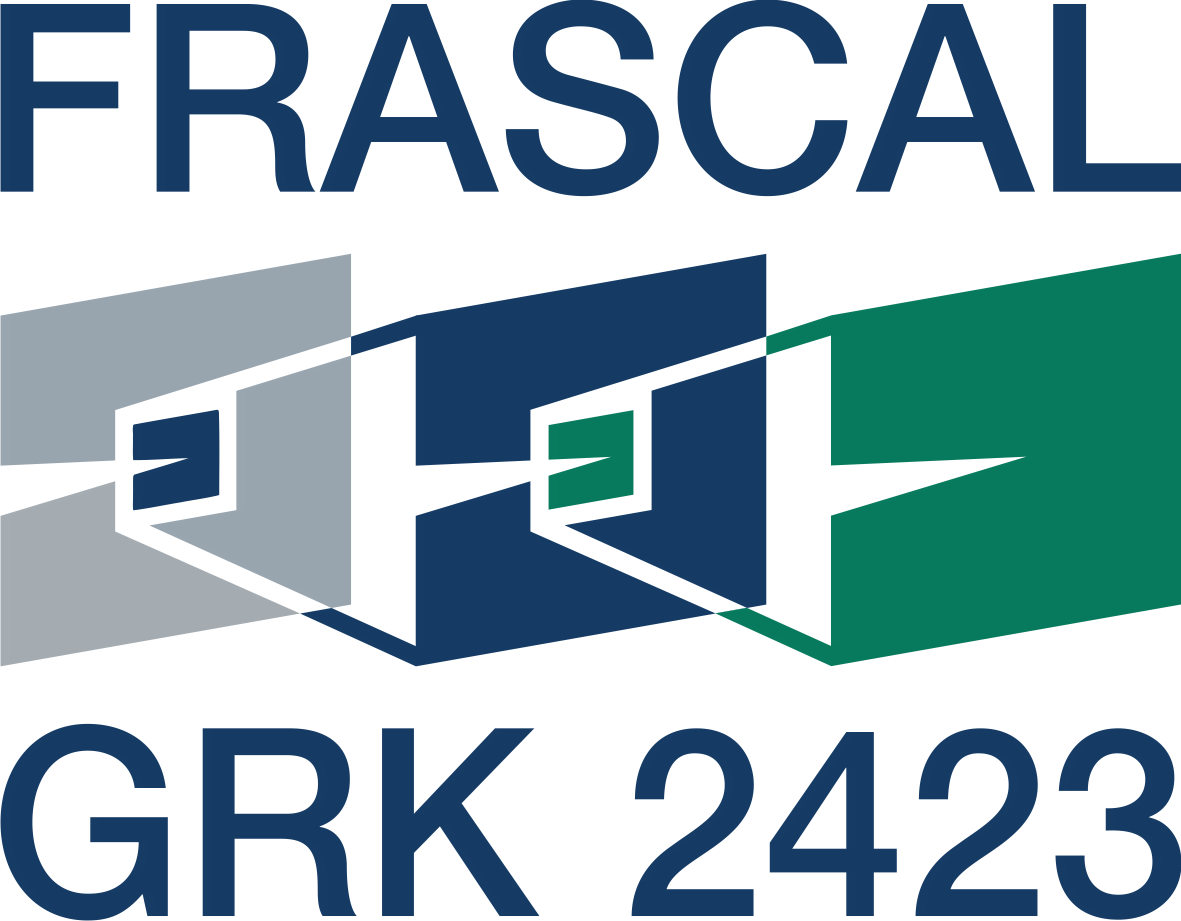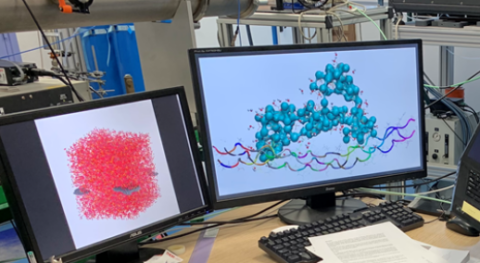Registration Special Seminar with Dr. Maxime Vassaux (Institute of Physics, Rennes)
FRASCAL Special Seminar : Probing mechanical properties with chemical specificity using molecular and multiscale simulation
Dr. Maxime Vassaux
(Institute of Physics, Rennes)
Friday, 6 October 2023, 09:00 – approx. 10:30 am
Room K2, MHB Mensagebäude/Hörsaal/Bibliothek/Tiefgarage – Erwin-Rommel-Str. 60, UG1, 91058 Erlangen
Maximum number of participants: 40
Abstract:
Molecular dynamics simulations are ubiquitous in materials science, from drug discovery to design of advanced structural nanocomposites. Owing to the high-resolution of these simulations taking place at the atomic scale, predictions give access to data often complementary to experiments; be it characterisation of the nanostructure or even sophisticated instrumentation. I will begin the talk introducing the fundamentals of setting up molecular models and dynamics simulations. I will follow up introducing one application to the characterisation of interface mechanics in polymer-graphene membranes used as pressure sensing nanoelectromechanical systems (NEMS).
While being quite popular, molecular dynamics simulations have several limitations which a wide community of scientists are addressing (force field precision, ergodicity). Among these, the spectrum of spatiotemporal scales integrated within a simulation is extremely limited. This is particularly problematic when mechanical properties are of interest, as these emerge from the combination of scales ranging from the nanoscale (chemistry) to the macroscale (processing, testing).
Unlike real-life experiments, all scales cannot be resolved simultaneously using computer simulations. I will give an overview of the existing multiscale simulation strategies: from rather cheap hierarchical to expensive concurrent approaches. I will illustrate their applicability with examples from my past research on the fracture of concrete under seismic loading and the dynamic behaviour of impacted shells of epoxy-graphene nanocomposites.
I will conclude my talk presenting current research on the use of data-driven approaches to reach a compromise between accuracy and cost for multiscale simulation strategies. I will show how surrogate (or reduced-order or constitutive, pick your favorite denomination) models can be trained from simulations data and partially alleviate the need for molecular dynamics simulations.

